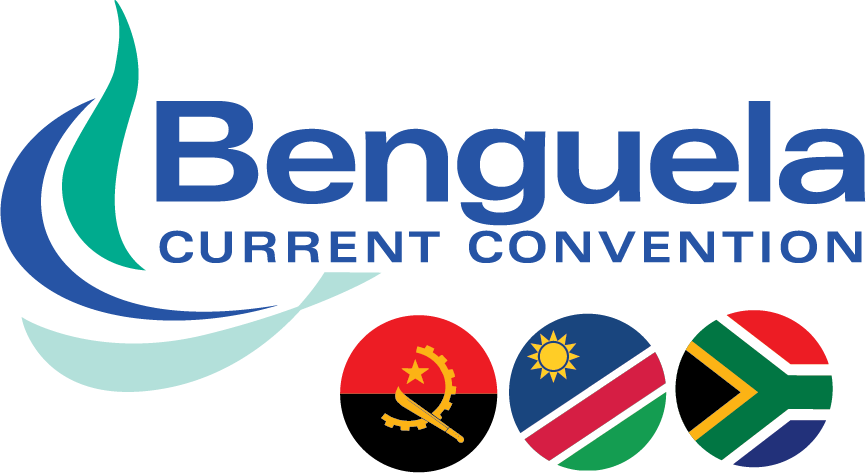Since its inception in 2010, the Benguela Current Large Marine Ecosystem Strategic Action Programme Implementation Project, funded by the Global Environment Facility and the United Nations Development Programme (UNDP), has made significant contributions to the BCC’s structural and operational efficiency.
The project, formally titled “Implementation of the BCLME Strategic Action Programme for restoring depleted fisheries and reducing coastal resource degradation,” focused much of its efforts on negotiating the Benguela Current Convention. For instance, it initiated and funded the development of the BCC’s Strategic Plan, Business Plan, and Resource Mobilisation Strategy.
The Strategic Action Programme outlines specific country commitments that will be implemented as part of the overall BCLME Programme. It assists the three countries in revising and harmonizing their national policies, legislation, and operational practices in order to establish a transboundary regional approach to managing the Large Marine Ecosystem (LME). An LME approach to ocean governance is based on the need for multi-country collaboration to achieve sustainable, ecosystem-based management of economically important goods and services. The LME approach has been used in the BCLME region since the mid-1990s, with the support of various development partners and donors. To that end, the BCC’s foundational papers, including the Transboundary Diagnostic Analysis (TDA), were revised.

